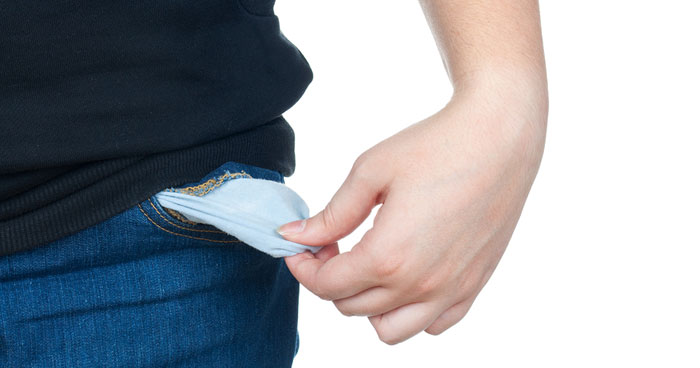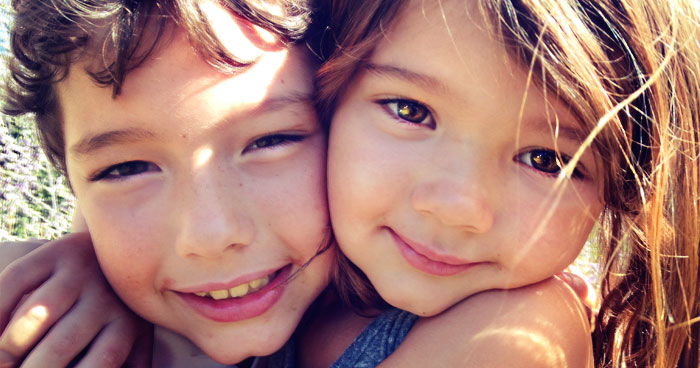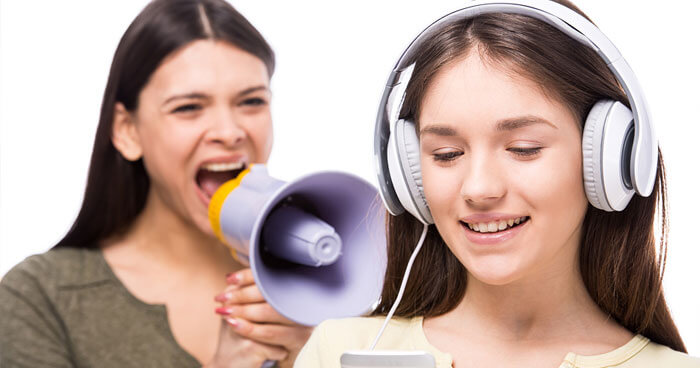What?! You Want to Quit Piano Lessons?
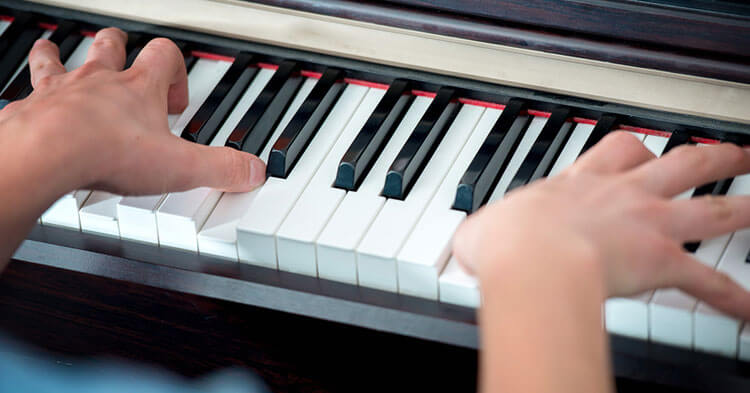
My son quit piano lessons today and you could say I’m having a hard time with that choice.
His quitting isn’t a surprise. It comes on the heels of months of resistance to practicing and of escalating complaints and ambivalence about going to lessons. In some ways, it’s a relief to finally call it and to put an end to the nagging and the arguments and the are-you-or-aren’t-you-going-to-do-this-recital question and my ever-growing sense of impending doom around the whole enterprise.
My son is 11 and he’s been in some form of music program or another since he was eight months old. He’s losing interest. He doesn’t want to be picked up after school and driven to piano lessons once a week. He doesn’t want to practice. He wants to hang out with his friends, go to the park, toboggan, shoot hoops, kick a soccer ball around and, yes, watch TV and play video games and text his friends. He wants to watch music videos on YouTube, memorize the lyrics to his favourite songs— but he doesn’t want to learn to play the songs he watches. Trust me, I’ve asked.
And today, he decided he was done. He phoned his teacher, the one who’s been with him since he was a baby, and explained that he needed to take a break. “I’ll probably come back in a little while, like a year or two,” he told her. “And if I do come back, I’ll probably want you as my teacher.” And then he hung up, and hung out, seemingly nonplussed, with a friend.
After he hung up the phone, I stared at the wall for a little bit, and slowly inhaled and exhaled, and then I took myself to the gym, to try to sweat out all the uncomfortable emotions ricocheting through my gut. It was an attempt to do something with the grief and anxiety that his quitting called up in me.
Before you even mention it, I won’t deny that I’m having a hard time, at least in part, for all the usual First-World, middle-class reasons: music lessons have good outcomes for kids. I know this because the walls of my son’s early-childhood music studio were plastered with posters that talked about the positive correlations between music lessons and, say, medical school admissions and university achievement. I would look up these links for you now, except that I can’t bring myself to read any of them at the moment. Logically, I know that quitting (fine, taking a break from) piano lessons will not lead in a direct line to my son living in my basement for the rest of his life, but in the face of so much parental pressure for our children to be programmed and to excel, it’s hard to see this choice as a positive one.
That’s the real rub: My son, as I’ve mentioned, is 11. He’s a tween. He’s beginning to make choices for himself, and that’s not going to stop anytime soon. While I know that that’s a natural, logical and — frankly — desirable progression, I can’t pretend that it doesn’t make me uncomfortable. You know, I’m sure I could handle the parental learning curve of my kid’s growing independence a just fine if I agreed with all his decisions. But I don’t. I think he should continue with piano lessons. (What’s more, I think that he should continue to enjoy piano lessons). Sadly, he disagrees. That’s his choice to make.
Maybe things would be just fine if it ended there, but you know what? It won’t. Quitting piano is just the beginning. It is the tip of the iceberg of choices that my son will make that — I imagine, in my slightly more panicked moments — will sink the Titanic of his successful life path, taking both my sanity and his medical school admissions with it to the bottom of the ocean. If we’re lucky, we’ll be able to leverage our middle-class respectability and privilege, our status as women and children, and maneuver our way into some lifeboats. We’ll probably survive, but what kind of life we have if he can’t play Für Elise all the way through?
Not that I can play Für Elise all the way through, either. However, I was never very good at piano — and my kid is. I know I sound like every other overinvested, proud mother, but he was — Is. He picked up the instrument fluidly, easily. He absorbed new songs almost immediately, playing them from memory flawlessly within a few days or weeks. He has a great sense of rhythm and pacing and it’s killing me that he’s choosing to abandon, at least for the moment, an art at which he so clearly could excel with just a modicum of effort. It feels like he’s squandering a gift.
Being good at it is only part of the picture. My son really likes the piano. At least, I know he used to like it. There was a time when he couldn’t walk by the upright grand in our living room without playing a few bars, sometimes several. Snatches of music filled the house at random intervals and I loved listening to it. He enjoyed performing, enjoyed recitals, reveled in the attention he got when he did well. I hate to think that, by quitting, he’s depriving himself of an activity that has brought and could bring him so much pleasure, be an outlet for tween and teen angst and ennui. I worry that he’ll regret the choice, wish one day that he hadn’t quit.
So, on the elliptical at the gym, I remind myself that he’s not quitting piano. He’s just taking a break from formal lessons. The piano is still there and he can play it anytime he wants. He’s free to go back to lessons (for piano or another instrument) if and when he chooses. I’m not holding my breath that he will, but he certainly might.
What I do know is that forcing the issue, insisting that he keep at lessons and practice, is a surefire way to extinguish any remaining spark of interest he has in playing. Some things are worth insisting upon, but this one isn’t, no matter what Amy Chua says.
I remind myself that I, too, quit piano, when I was a few years older than my son is now. At the time, it felt like the right decision and I remember feeling no anxiety about that choice. My brother quit piano, too, well before I did. And then, in his teenage years, he developed an obsession with the guitar and ended up going to music school for a couple of years to boot. He plays in bands and has cut a CD. (“I quit piano in my teens,” my son’s music teacher said when I mentioned this to her. It’s a thing.)
So, maybe my son is squandering his gift, but isn’t that the very nature of childhood — to enjoy the hours you have, the songs you play, without being hindered by some impending sense of passing time? You think you have all the time in the world, and so you’ll learn piano later, if you feel like it, after you have a snack and text a friend or kick a soccer ball around in the basement. Isn’t that the very nature of growing up? You make your own choices, and you see what the outcome of those choices brings. In that process, you learn about yourself. You learn what works for you and what doesn’t, and with any luck, you don’t make the same mistake more than a few dozen times.
I turn on my swivel chair from my office computer where I am writing this essay and gaze adoringly at my brand-new, makeshift music studio: my borrowed guitar on its rack, sheet music on its stand. I’ve been teaching myself to play over the last year or so, using online tutorials. Last month, I finally bit the bullet and found a real, live teacher. The calluses on my fretting fingers are tough. No one has to remind me to practice because after a couple of decades of wishing I could play, I finally decided to do something about it. At the age of 44, I’m motivated enough to do it on my own, to sit down and parse out over and over, badly, awkwardly, joyfully, the chords to the Beatles’ “Blackbird” or Suzanne Vega’s “Gypsy,” or any number of other songs I’m trying to get the hang of.
I’m also learning Ed Sheeran’s “Thinking out Loud.” I have no great fondness for Ed Sheeran, but my son said, “You should learn a song by Ed Sheeran.” and he insisted that we sit down together and watch a couple of Sheeran’s YouTube videos so I could pick out a song to learn. I printed out the chords, and I’ve been practicing. At this point, I can very nearly get through the seven rapid-fire chords, one for each word, that make up the line “We found love right where we are.” I play, and sometimes, my son stands beside me and sings along and it’s one of the best things I do.
“You know, if you ever want to, you can always take guitar lessons,” I’ve told him.
“I’m good for now,” he replies, and I work hard not to remind him of the offer. He knows it’s there. He’ll take me up on it if and when he chooses to.
In the meantime, I play and he doesn’t, and we sing together, and I remind myself that if I had a choice between going down with the band on the Titanic or clambering into a lifeboat, I’d choose the lifeboat every time.
READ MORE FROM THE FAMILY ROOM
What are we pinning?
Visit Bonbon Break’s profile on Pinterest.
Pin it for later:
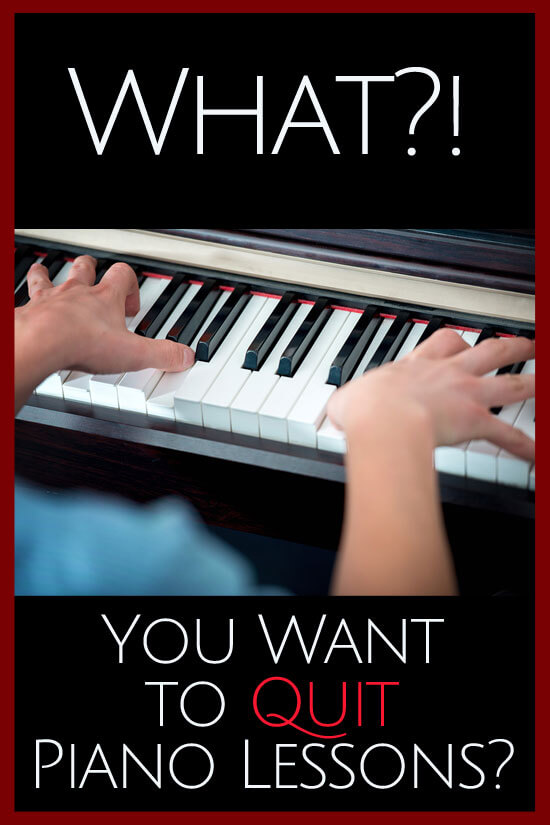
This post was written by Susan Goldberg exclusively for BonBon Break Media, LLC.

